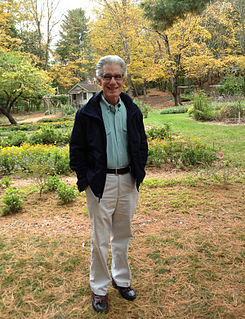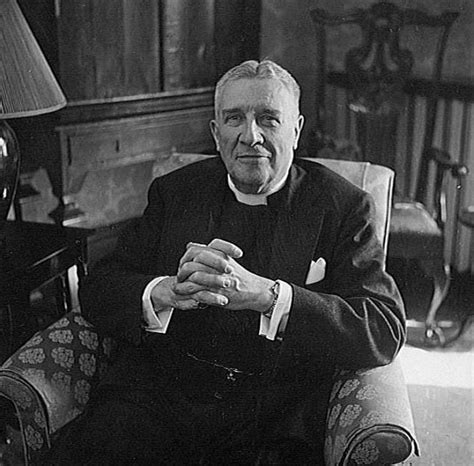A Quote by Aja Naomi King
If all we remember are good things, then happiness is our baseline, and there's no longer happiness. We need other feelings in order to appreciate others.
Quote Topics
Related Quotes
We begin from the recognition that all beings cherish happiness and do not want suffering. It then becomes both morally wrong and pragmatically unwise to pursue only one's own happiness oblivious to the feelings and aspirations of all others who surround us as members of the same human family. The wiser course is to think of others when pursuing our own happiness.
The belief that happiness has to be deserved has led to centuries of pain, guilt, and deception. So firmly have we clung to this single, illusory belief that we've almost forgotten the real truth about happiness. So busy are we trying to deserve happiness that we no longer have much time for ideas such as: Happiness is natural, happiness is a birthright, happiness is free, happiness is a choice, happiness is within, and happiness is being. The moment you believe that happiness has to be deserved, you must toil forevermore.
It is true that it feels very differently to enjoy a good meal, taking part in an interesting conversation, or to think of how successful your children are. Suppose we do all these things at a particular time. How happy are we at the time? We do not need to calculate the value of each such feelings on any singular scale to answer this question. We need not see our happiness at the time as a mathematical function of these items. It is rather that all these experiences, together with many other factors, causally puts us at the time at a certain level of happiness, i.e. in a certain mood.
In our concern for others, we worry less about ourselves. When we worry less about ourselves an experience of our own suffering is less intense. What does this tell us? Firstly, because our every action has a universal dimension, a potential impact on others' happiness, ethics are necessary as a means to ensure that we do not harm others. Secondly, it tells us that genuine happiness consists in those spiritual qualities of love, compassion, patience, tolerance and forgiveness and so on. For it is these which provide both for our happiness and others' happiness.
I think we all mistake certain things for happiness. I think we mistake comfort for happiness and we mistake pleasure for happiness, and entertainment for happiness, when really these are just things we use as proxies for our happiness. We use them to cheer us up or try and achieve brief happiness, when really happiness is something much more profound and long lasting and exists within us.
Happiness is normally the prime search of every rational human being. One way to derive increasing happiness during the year we have just entered is to strive diligently to promote the happiness of others, to think of them first, yourself second. Happiness is the greatest tonic, the greatest elixir, of all. Worry is among the worst poisons. One sensible New Year resolution: I will do my utmost to have consideration for others, to exercise usefulness, to radiate happiness, to conquer worrying over things I cannot possibly remedy.
Sometimes we get wrong notions, we think we have to be in a luxurious house, in a large city, with a new car in order to be happy. Happiness isn't there. Happiness isn't in a new car, it isn't in a new and luxurious apartment. Happiness isn't in banks and stocks. Happiness is where you make it, it's up to you. It comes from within, it doesn't come from things.
One Dilbert Blog reader noted that current research shows that happiness causes success more than success causes happiness. That makes sense to me. There's plenty of research about people having a baseline of happiness that doesn't vary much with circumstances. And given that happy people are typically optimistic, energetic, and fun to work with, I can see how happiness would lead to success.
































